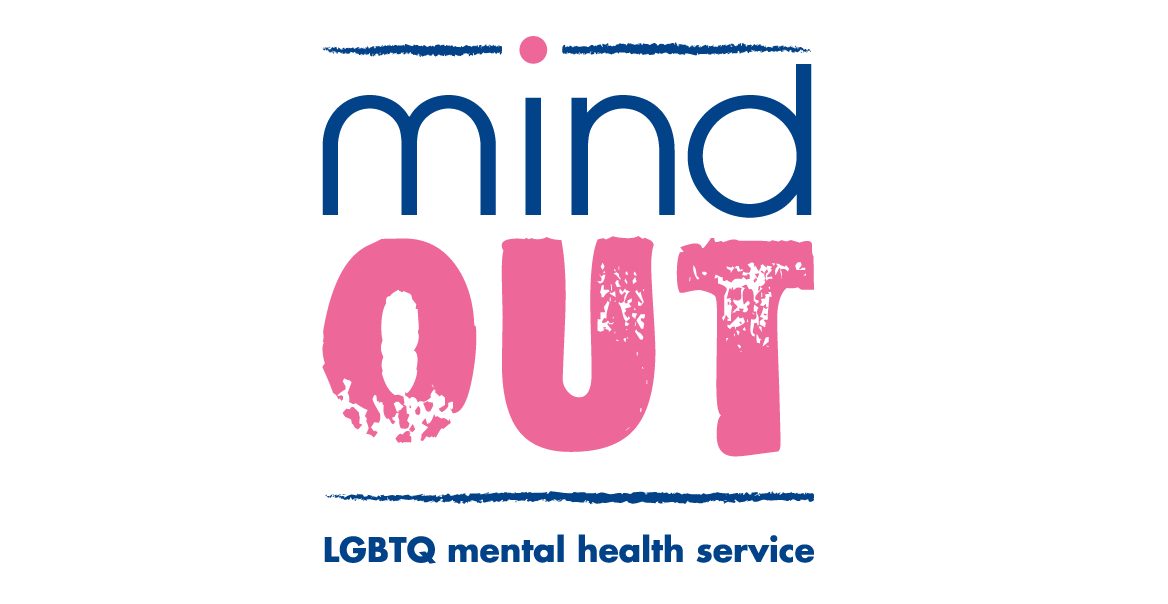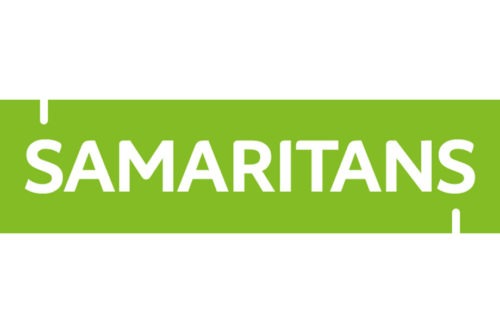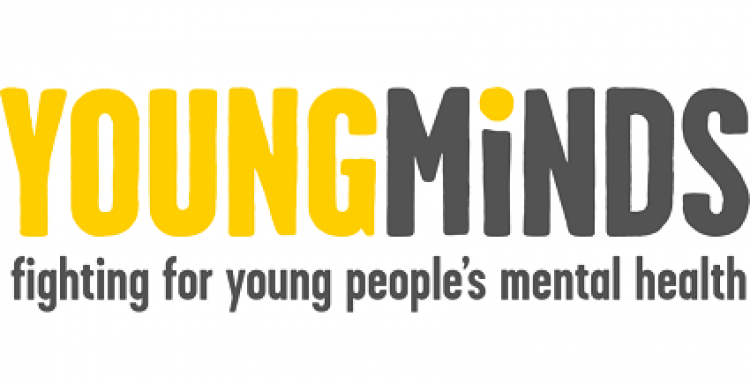Job Interviews
The interviewee
Going for an interview when you’re not sure if the company supports or understands autism can be terrifying. You don’t know what the people will be like, what the questions are or what answers they want from you. Although there are many ways employers can make interviews easier for autistic people, most neurotypically dominated places won’t have accommodations in place, and have a ‘one-size fits all’ procedure.
The best way to plan for a job interview is to cover all avenues and practice lots. Print off sample interview questions from a few different sites so that you have a variety and start to craft your answers, getting someone who has been through the interview process or is a manager to take a look at them.
There are a lot of aspects to an interview that you aren’t told about, so here’s a few pointers on what to expect from an interview:
- You will need to dress smartly which often means a shirt, suit pants or skirt. Corporate offices like ties, whereas smaller offices don’t mind if you don’t wear one. Skirts have to be at least knee length and shoes need to be ‘office appropriate’, which means flats, brogues or men’s work shoes. Unless they put in the job advert that you can wear casual clothes, always go with a smart look (if you are able to wear those types of things without having a sensory overload.)
- Aim to get there 10-15 minutes early.
- The receptionist will expect you to know the name of the person you are seeing for the interview. When you approach them, a common introduction is “Hi, my name is ………………. I am here to see ………………… for an interview.”
- Have a copy of your CV and interview notes so that you can look over them whilst you are waiting.
- If you are offered a drink, it is a good thing to have in the interview with you so that you can take a drink whilst you think of the answer.
- When the person who is interviewing you comes to get you, they will expect a handshake. Let them put their hand out first so you know which hand to go with.
- Always turn your phone off before going into an interview.
- You may have to fill out an information form beforehand which includes your personal details and may ask for your medical history. This is where you can disclose your autism, but only if you are comfortable.
- They will expect you to be ‘engaging’ if you haven’t asked for accommodations, so a trick I use is to look at a spot close to their head and you’ll look like you’re looking at them.
- Most of the questions will be based off of your CV, about why you left certain companies or they will ask about you. When talking about why you left old jobs, companies don’t like if you talk negatively, so if you had a bad experience you can say “I didn’t feel there was room for growth” or “there weren’t opportunities for me to expand my skills and learn new things.”
Asking for accommodations
If you are comfortable advocating for yourself, you can contact the person you are interviewing with before the interview and tell them you are autistic.
Informing them of what accommodations you require could include:
- Asking for what questions they will ask beforehand.
- Being allowed a stim toy in with you.
- Telling them not to expect eye contact.
- Checking what sensory safe clothes are suitable.
- Asking them to break down questions and not be vague.
- Asking for a zoom meeting instead of face to face if you will be remote working
Companies aren’t allowed to refuse accommodations even in job interviews, and if they give an excuse or don’t provide you with support, then it just shows they aren’t a safe company to work for. You can always tell what sort of company they are by announcing your autism immediately, though of course this is only if you feel comfortable and safe doing so
The interviewer
How can Job Interviews be more neurodivergent friendly?
Although many companies state that they welcome all applicants, job adverts must reflect that the workplace can accommodate autistic and neurodivergent (ND) employees. As well as a statement to say that you welcome ND applicants, here are some ways that you can make it easier for NDs during the hiring process:
- Avoid use of jargon. Job adverts can be extremely long and anxiety inducing. and as soon as sector-based jargon is used, NDs are unlikely to apply. It is best to break down what you are looking for by skills: If you are looking for attention to detail –in what? Are the organisational skills about time management or the ability to prioritise work?
- Provide an option to add any accommodations required for the interview, or provide assistance on completing additional application forms.
- Send interview questions beforehand, or give an idea on what will be asked, so anyone with executive dysfunction or using an AAC machine can prepare.
- Are non-speaking autistic individuals who use sign or AAC machines able to apply? What accommodations are in place where they can be supported when verbal communication is not an option? (This can also apply to deaf/hard of hearing people.)
- Have a pre-interview chat with ND applicants so they can become familiar with who they will be interviewing with, and won’t be as uncomfortable at seeing a new face.
- Make it clear you allow stimming in interviews, and offer breaks if needed.
- Be direct in what you are actually looking for in a person, as with ND people we can’t guess how we have to present ourselves—this needs to be made as clear as possible.
- Always ask specific questions that require specific details.
- If a question has more than one part, then break it down. We won’t process all the information in one go.
- If the interview is over Zoom, provide the questions on the screen so that NDs can refer to them during the interview. This way they can structure their responses and keep themselves on track.
Usual Questions versus Neurodivergent-Friendly Questions
Instead of, “Tell me about yourself?
Ask “What are your best personal characteristics?”
Or “What is your favourite hobby?”
Instead of, “What are your strengths?”
Say, “Tell me something you are good at.”
Or ask, “What is something that interests you?”
Rejections
Rejections are hard for anyone, but incredibly hard for those who catastrophize, as NDs often do. Wording rejection emails more positively, by adding what they did well, can help take the sting out.
Rejection emails don’t need to include why you went with someone else, or what someone needs to improve on, because you never know if what you’re seeing as a “flaw” might just be a neurodivergent trait.
Try, if possible, to avoid words like ‘improvement,’ as it just sets the tone of “Who you are right now is not good enough.”
This content was taken from Job interviews | Autistic Girls Network for the purposes of education.
I am in Crisis
If you feel you need immediate help, contact one of the below charities.
Recommended Apps
Below are a selection of the apps we recommend





